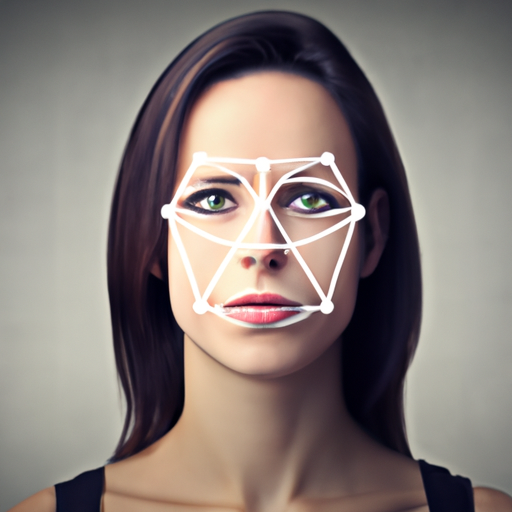Facial recognition technology has rapidly advanced over the past few years, becoming a crucial aspect of biometric security and artificial intelligence (AI) innovations. As industries increasingly adopt these systems, it’s essential to understand the key trends shaping this technology and its implications for data privacy.
1. Increasing Adoption Across Industries
From retail to law enforcement, facial recognition technology is being integrated into various sectors. Retailers utilize it to enhance customer experience by recognizing loyal customers and personalizing services. Meanwhile, law enforcement agencies employ facial recognition for tracking and identifying suspects, demonstrating its valuable role in public safety.
2. AI Innovations Enhancing Accuracy
The development of AI algorithms has significantly improved the accuracy of facial recognition systems. Modern algorithms can recognize faces in diverse conditions, such as varying light and angles, making these systems more reliable for actual-world applications. As AI continues to evolve, we can expect even more advancements in this technology.
3. Privacy Concerns and Regulations
With the growing implementation of facial recognition comes concerns regarding privacy. Critics argue that the technology can infringe on individual privacy rights and lead to surveillance overreach. This has prompted governments worldwide to consider regulations to ensure the ethical use of facial recognition. Companies are now tasked with balancing innovation against privacy protections.
4. Advancements in Security Features
Facial recognition technology is also enhancing security measures. Advanced systems can detect spoofing attempts, identifying whether a face displayed is that of a real person rather than a printed photo or video. Such features are essential for preventing fraud in secure access points like smartphones and payment systems.
5. The Future of Facial Recognition
As facial recognition technology continues to mature, it will undoubtedly play a pivotal role in shaping the future of security and personal identification. Innovations will focus on improving accuracy and efficiency, while addressing ethical concerns about data usage and privacy.
In conclusion, facial recognition technology is rapidly evolving, offering new opportunities while simultaneously raising important questions about privacy and security. Stakeholders must navigate these challenges to harness the full potential of this transformative technology.
Stay updated with the latest trends and innovations in facial recognition technology and how they can impact your industry.




